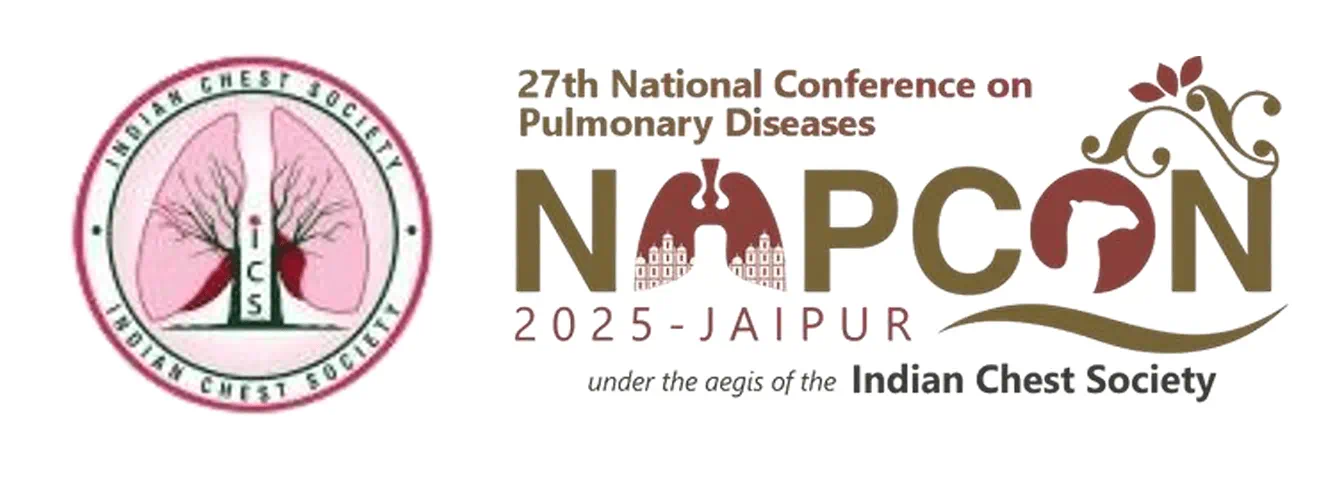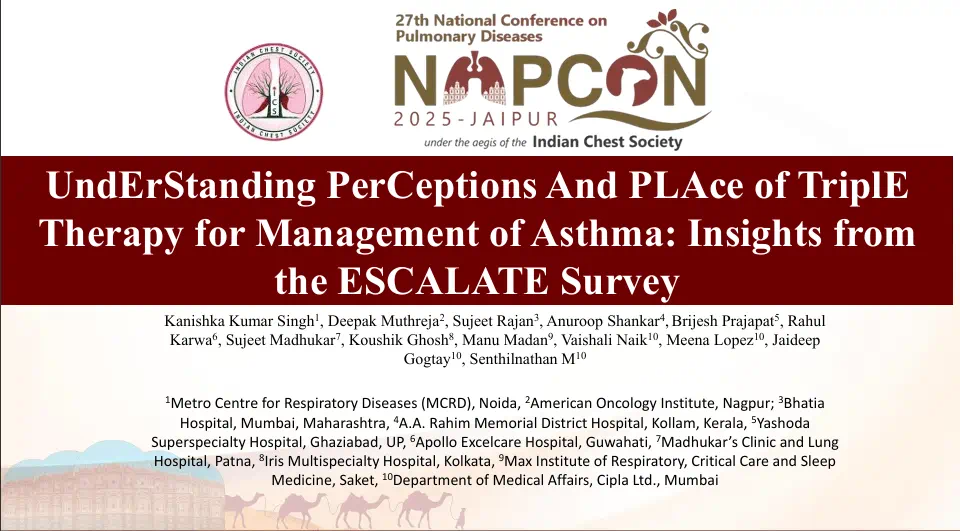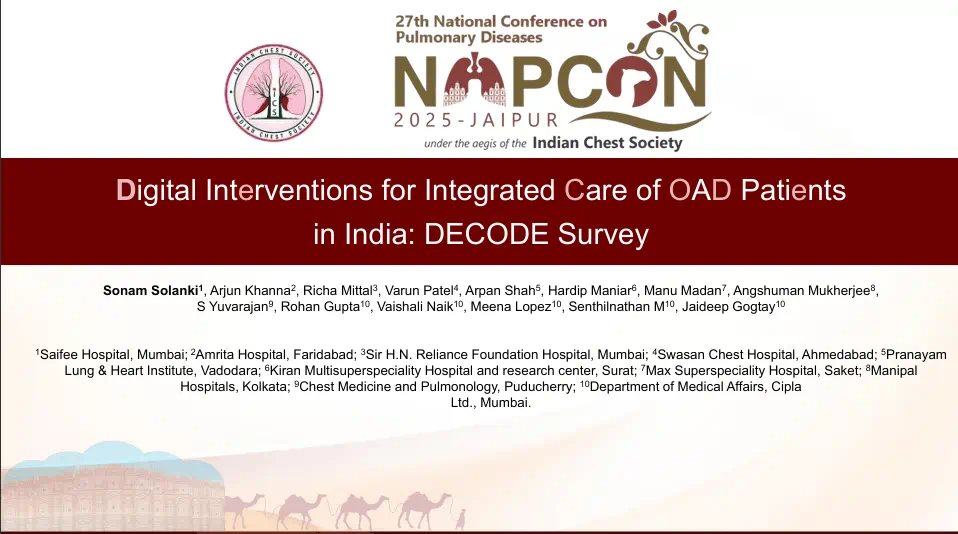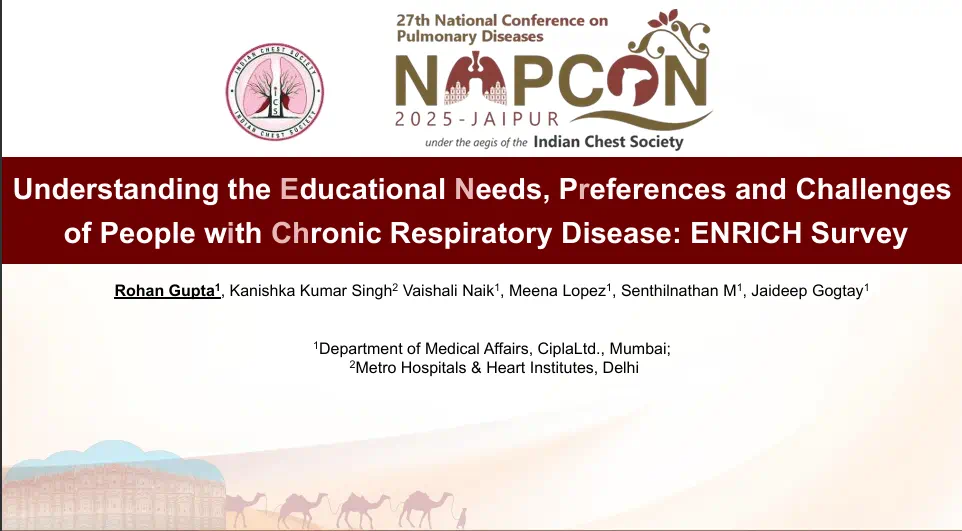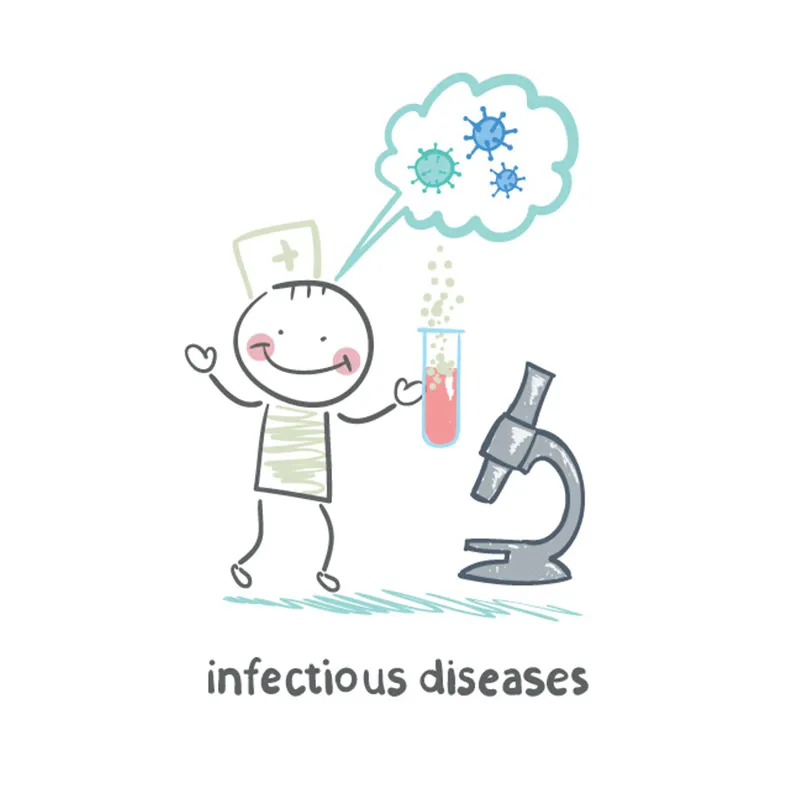Impact of Bedtime vs Morning Antihypertensive Medications in Frail Elderly Individuals
Introduction
Studies have demonstrated that sleep-time blood pressure (BP) may be a better predictor of cardiovascular events. The impact of antihypertensive administration time on major adverse cardiovascular events (MACE) remains unclear till date. Moreover, the same has not been studied in frail elderly patients, for whom risks and benefits may differ from the general population.
Aim
To determine the impact of bedtime vs. morning administration of antihypertensive medications on MACE and death in frail elderly patients. The impact of time-wise antihypertensive medications on potentially ischemic or hypotensive adverse events (AEs) was also evaluated.
Patient Profile
- The study population comprised of individuals with hypertension taking at least 1 once-daily antihypertensive medication (N=776; median age: 88 years).
Methods
Study Design
- BedMed-Frail was a multicenter, open-label, pragmatic randomized clinical trial conducted across 13 sites in Canada.
Treatment Strategy
- Patients were randomized 1:1 to taking the once-daily antihypertensive medications either at bedtime (intervention; N=394) or per usual care control (largely morning use; N=382).
- Loop diuretics were not considered as antihypertensive medications during this study.
Outcomes
Primary Outcome
- The composite of first occurrence of all-cause death or either hospitalization or emergency department (ED) visit for stroke, acute coronary syndrome, or heart failure.
Secondary Outcomes
- Individual component of the composite primary outcome.
- All-cause unplanned hospitalization or ED visits, falls and fractures, decubitus ulcers, and worsening cognition or behavioral problems.
Results
- Of the entire study population, 85.6% had some degree of dementia, 47.3% had diabetes, and 39.6% had coronary artery disease.
- A total of 320 primary outcome events were recorded during the study period, of these; 91.6% (N=293) were deaths. As per a modified-intention-to-treat analysis, the incidence of primary outcome did not differ significantly for patients in the bedtime vs. usual care group [29.4 vs. 31.5 events per 100 patient-years; adjusted hazard ratio (aHR), 0.88; 95% confidence interval (CI), 0.71-1.11; P = 0.28].
- The incidence of secondary outcomes also did not differ significantly in both the study groups, except for all-cause unplanned hospitalization and ED visits, which tended to be lower in the bedtime group (22.6 vs. 30.0 events per 100 patient-years; aHR, 0.74; 95% CI, 0.57-0.96; P = 0.02).
Conclusions
- The study demonstrated that switching the time of antihypertensive medication administration to bedtime did not significantly reduce the composite of death or MACE in frail elderly individuals.
- Furthermore, changed medication timing had no impact on potentially ischemic and hypotensive adverse events.
- The findings suggest that in frail elderly hypertensives, administration time had little or no impact on the benefits and risks of antihypertensive medication.
JAMA Network Open. 2025;8(5):e2513812. doi:10.1001/jamanetworkopen.2025.13812.


